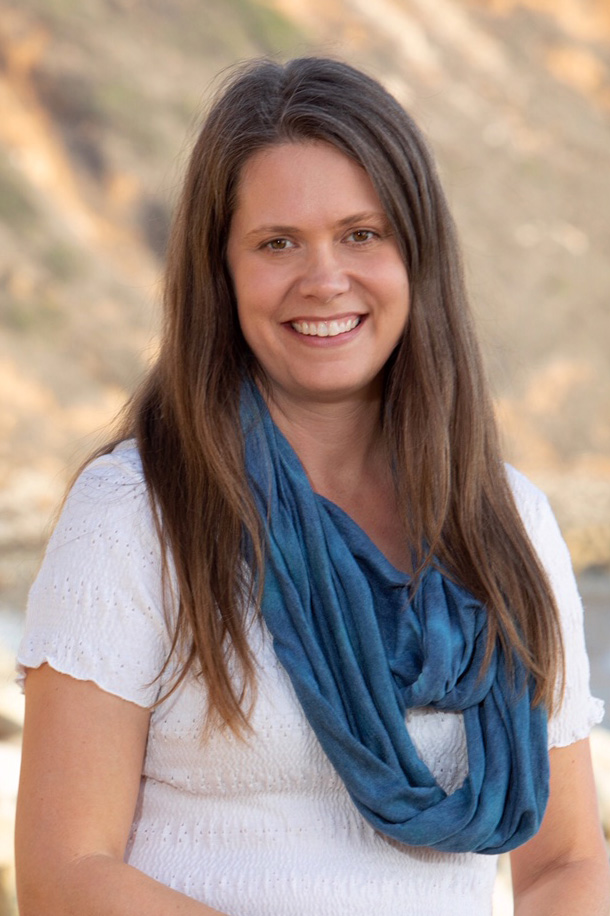Key points:
- Before 2004 and still today, our Discipline provides expectation that clergy will be moral, which includes and goes beyond not committing adultery.
- We need a Discipline that gives us guidance for how to live faithfully.
- At General Conference in 2024, delegates revised Paragraph 304.2, giving a more thorough and thoughtful description about the ethical stands we expect, including “social responsibility, and faithful sexual intimacy expressed through fidelity, monogamy, commitment, mutual affection and respect, careful and honest communication, mutual consent, and growth in grace and in the knowledge and love of God.”

Photo by Allison Knight.
Commentaries
The historic General Conference earlier this year renewed my hope in our United Methodist Church. Unlike previous assemblies — I have participated as a delegate or first reserve in General Conferences since 2008 — this year, we managed to turn a corner away from harm and exclusion. Rather than adding yet more phrases across the paragraphs of our Book of Discipline to block LGBTQ+ people from our ministries, we removed all of that harmful language.
Since then, I have seen several occasions when opponents of The United Methodist Church have falsely described the General Conference actions, claiming that we no longer oppose adultery and have abandoned sexual morals. At least one time, these lies were accompanied with the reminder that the Ten Commandments prohibit adultery. I remind the people presenting these lies that “bearing false witness” is also in that list of Ten Commandments found in our Hebrew Scriptures.
At General Conference in 2024, we deleted a phrase that singled out “not being celibate in singleness or not faithful in a heterosexual marriage” in our definition of “immorality” in Paragraph 2702 of the Discipline. This section defines the terms of “chargeable offenses” in our judicial processes of clergy accountability. This language, added to the Discipline in 2004, duplicated language previously added to Paragraph 304.2. Prior to that, the description of chargeable offenses for clergy included “immorality” but not this explicit, limited definition. Before 2004 and still today, our Discipline provides expectation that clergy will be moral, which includes and goes beyond not committing adultery.
What is more, language about “celibacy in singleness and faithfulness in marriage” was first added to the Discipline in 1984, as a way for the church to filter out gay and lesbian clergy without explicitly saying that the church is anti-gay. We know that because the late Bishop Jack Tuell participated in this wordsmithing. He later changed his mind, and used the final years of his life to advocate for overturning anti-gay prohibitions in our Discipline. These particular words have always been coded ways to discriminate, hiding homophobia under a masquerade of righteousness. (For more on Tuell's change of mind and heart)
A more thoughtful and thorough description of the ethical standards we set for clergy can be found in Paragraph 304.2 of the Discipline, in “The Ministry of the Ordained.” This is the paragraph to which the words about celibacy and faithfulness were first added, 40 years ago.
At General Conference in 2024, we revised this paragraph, giving a more thorough and thoughtful description about the ethical stands we expect, including “social responsibility, and faithful sexual intimacy expressed through fidelity, monogamy, commitment, mutual affection and respect, careful and honest communication, mutual consent, and growth in grace and in the knowledge and love of God.”
Subscribe to our
e-newsletter
These words are included to promote exactly what they say and to clarify an expectation that was lacking in previous descriptions, which suggested the only criteria for evaluating a healthy relationship was whether you were legally in a heterosexual marriage or not.
We know better: Adultery is wrong, but having a marriage certificate is also not sufficient demonstration that our relationships are moral and just. We need better definitions that get us past polarized battles about whether we do or do not accept our LGBTQ+ siblings. We need a Discipline that gives us guidance for how to live faithfully.
Additionally, “celibacy” has not been an especially useful term, as it borrows from religious traditions that disallow marriage. It offers little help to single clergy as they date and, perhaps, move toward marriage. What qualities do we expect in the relationships of clergy who are not married? The revisions the delegates made at the postponed 2020 General Conference give help to this question, describing with greater detail the expectations of healthy and moral relationships.
If you would like to see how these revisions fit into a broader conversation about morality, I encourage you to read them along with the words that surround them. The paragraph about which I am speaking falls under the heading “Qualifications for Ordination.”
Section 2 will now say: “For the sake of the mission of Jesus Christ in the world and the most effective witness to the Christian gospel, and in consideration of the influence of an ordained minister on the lives of other persons both within and outside the Church, the Church expects those who seek ordination to make a complete dedication of themselves to the highest ideals of the Christian life. To this end, they agree to exercise responsible self-control by personal habits conducive to bodily health, mental and emotional maturity, integrity in all personal relationships, social responsibility, and faithful sexual intimacy expressed through fidelity, monogamy, commitment, mutual affection and respect, careful and honest communication, mutual consent, and growth in grace and in the knowledge and love of God.”
The Rev. Molly Vetter, an ordained elder in the California-Pacific Annual Conference, is senior pastor at Westwood United Methodist Church, Los Angeles.


